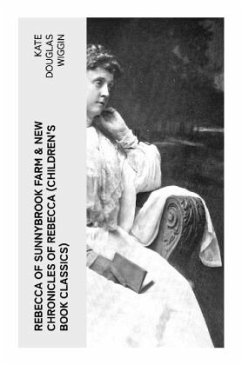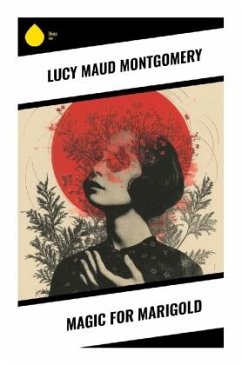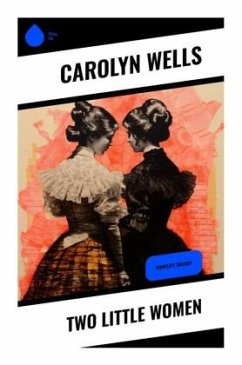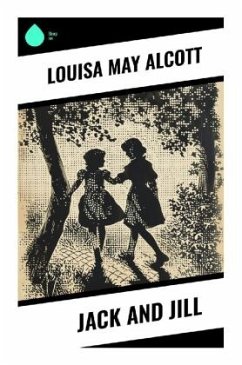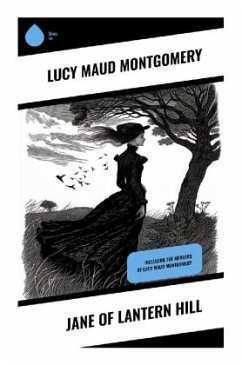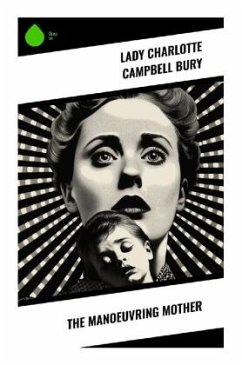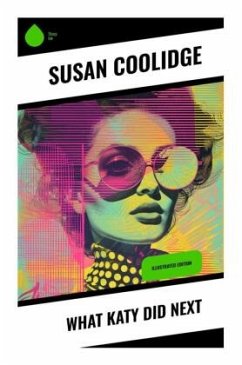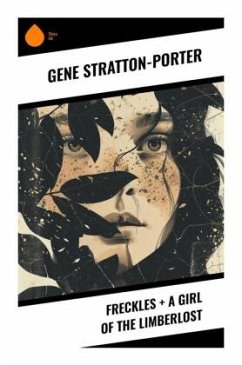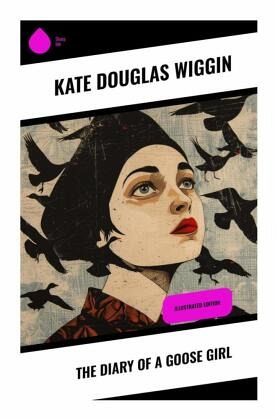
The Diary of a Goose Girl
Illustrated Edition
Versandkostenfrei!
Versandfertig in 6-10 Tagen
8,90 €
inkl. MwSt.
Weitere Ausgaben:

PAYBACK Punkte
0 °P sammeln!
In "The Diary of a Goose Girl," Kate Douglas Wiggin presents a charming and whimsical narrative that intertwines the innocence of childhood with the complexities of social class and rural life in early 20th-century America. Presented in a diary format, the book invites readers into the spirited life of a young girl who tends to geese and navigates her relationships with the people around her. Wiggin's lyrical prose and keen observational humor breathe life into her characters, making each entry an engaging reflection of the joys and tribulations of youth amidst pastoral scenery. Contextually, ...
In "The Diary of a Goose Girl," Kate Douglas Wiggin presents a charming and whimsical narrative that intertwines the innocence of childhood with the complexities of social class and rural life in early 20th-century America. Presented in a diary format, the book invites readers into the spirited life of a young girl who tends to geese and navigates her relationships with the people around her. Wiggin's lyrical prose and keen observational humor breathe life into her characters, making each entry an engaging reflection of the joys and tribulations of youth amidst pastoral scenery. Contextually, this work echoes the growing interest in regionalism during Wiggin's time, showcasing her ability to capture the essence of rural communities while addressing broader themes of friendship, responsibility, and self-discovery. Wiggin, known for her contributions to children's literature and her advocacy for education, draws inspiration from her own experiences growing up in Maine and her work as a teacher. The influence of her labor in kindergartens and her involvement in literary pursuits shines through in her ability to craft relatable, witty, and impactful narratives that convey moral lessons while celebrating the simplicity and beauty of nature and community. This delightful book is an invitation to readers of all ages, especially those who appreciate rich character development and thoughtful storytelling. Wiggin's "The Diary of a Goose Girl" charms with its authenticity and warmth, making it a perfect read for anyone seeking a nostalgic return to the themes of childhood, connection to nature, and the poignant simplicity of rural life.





